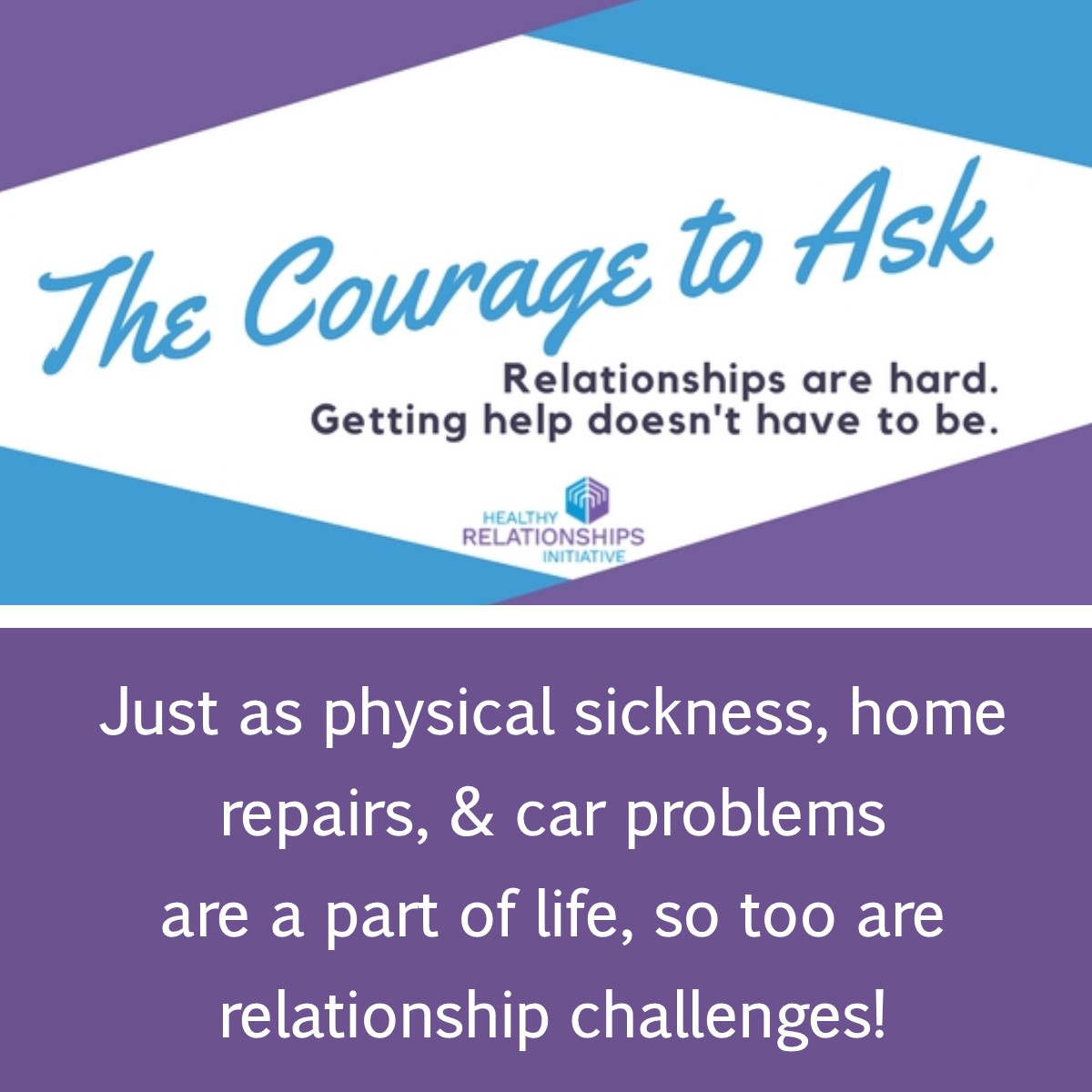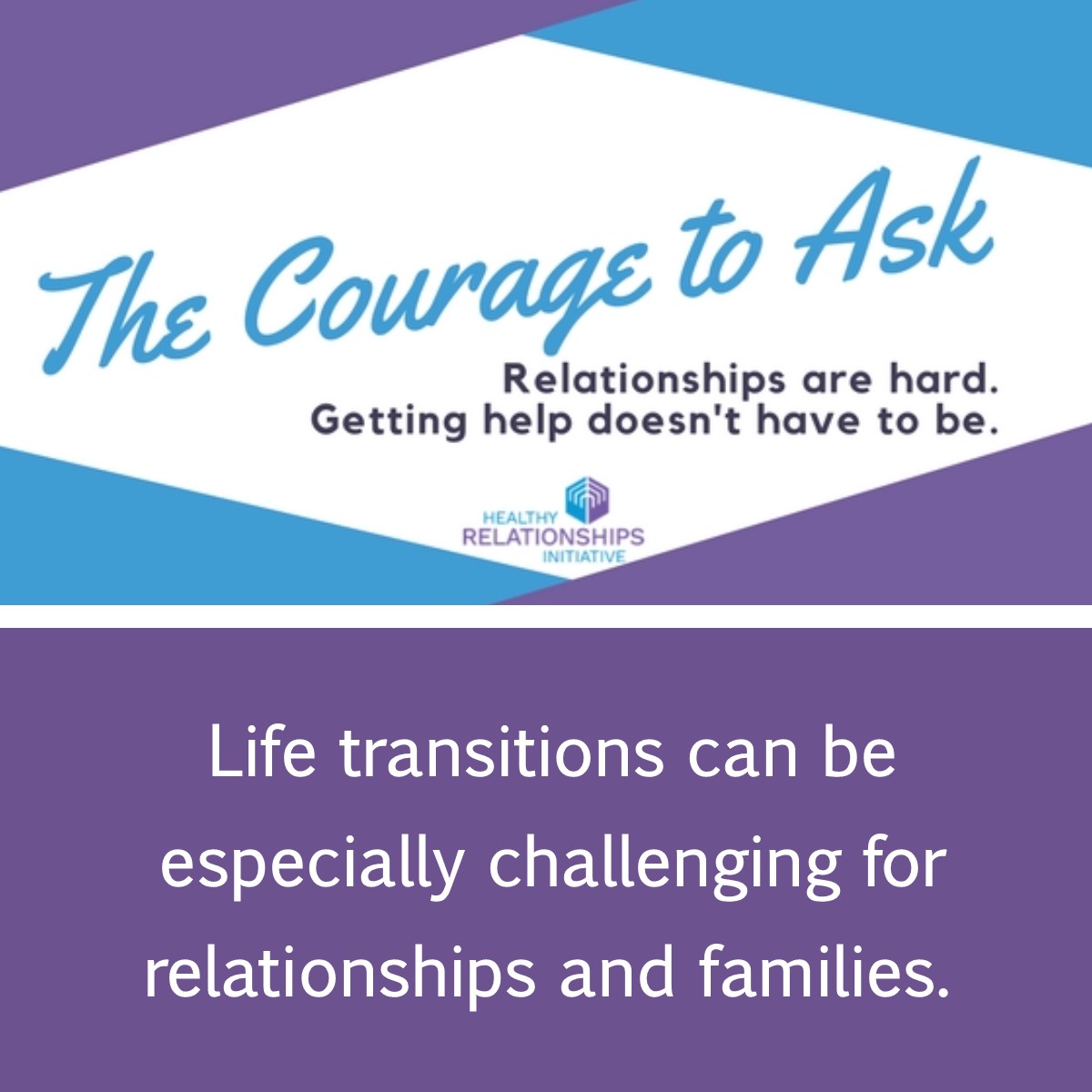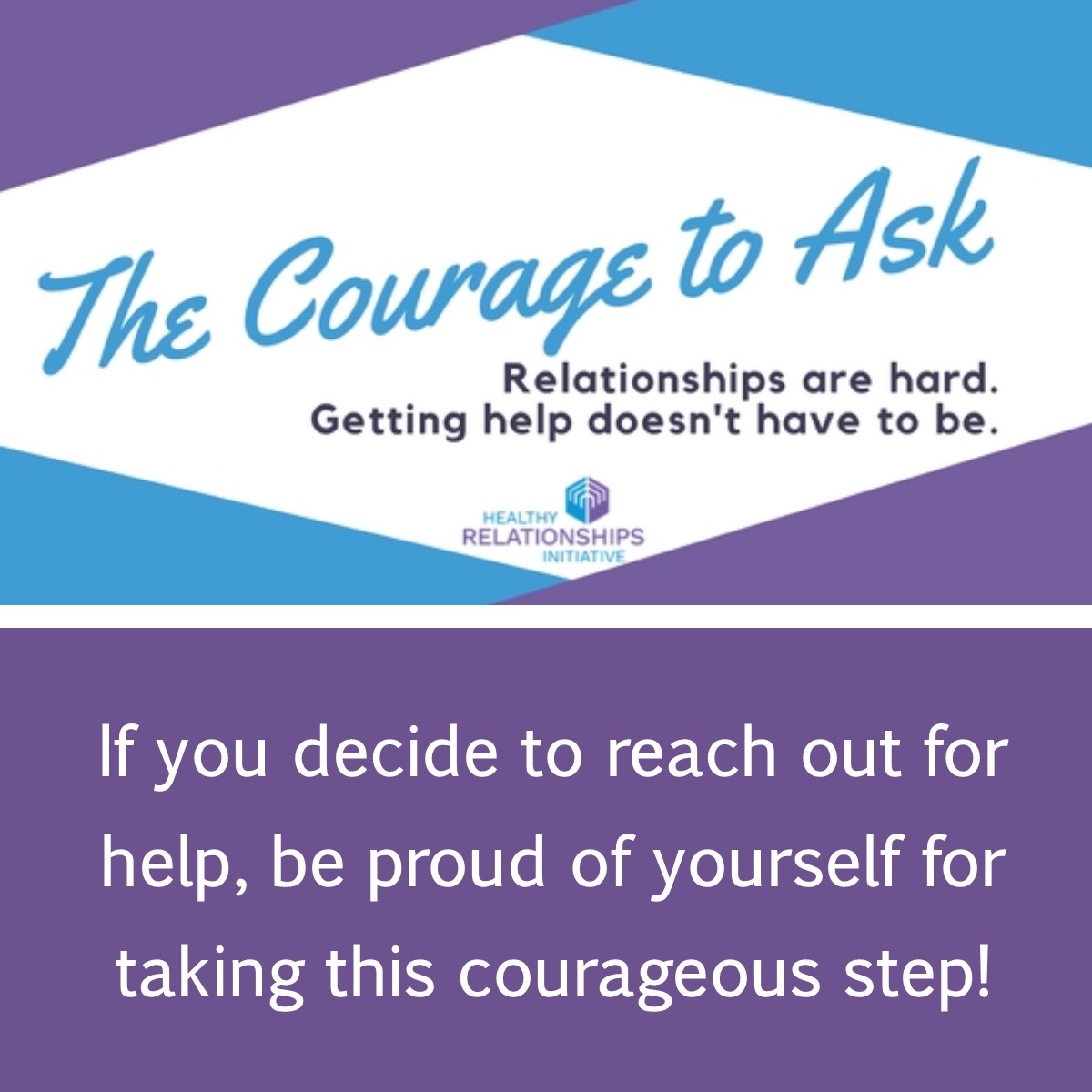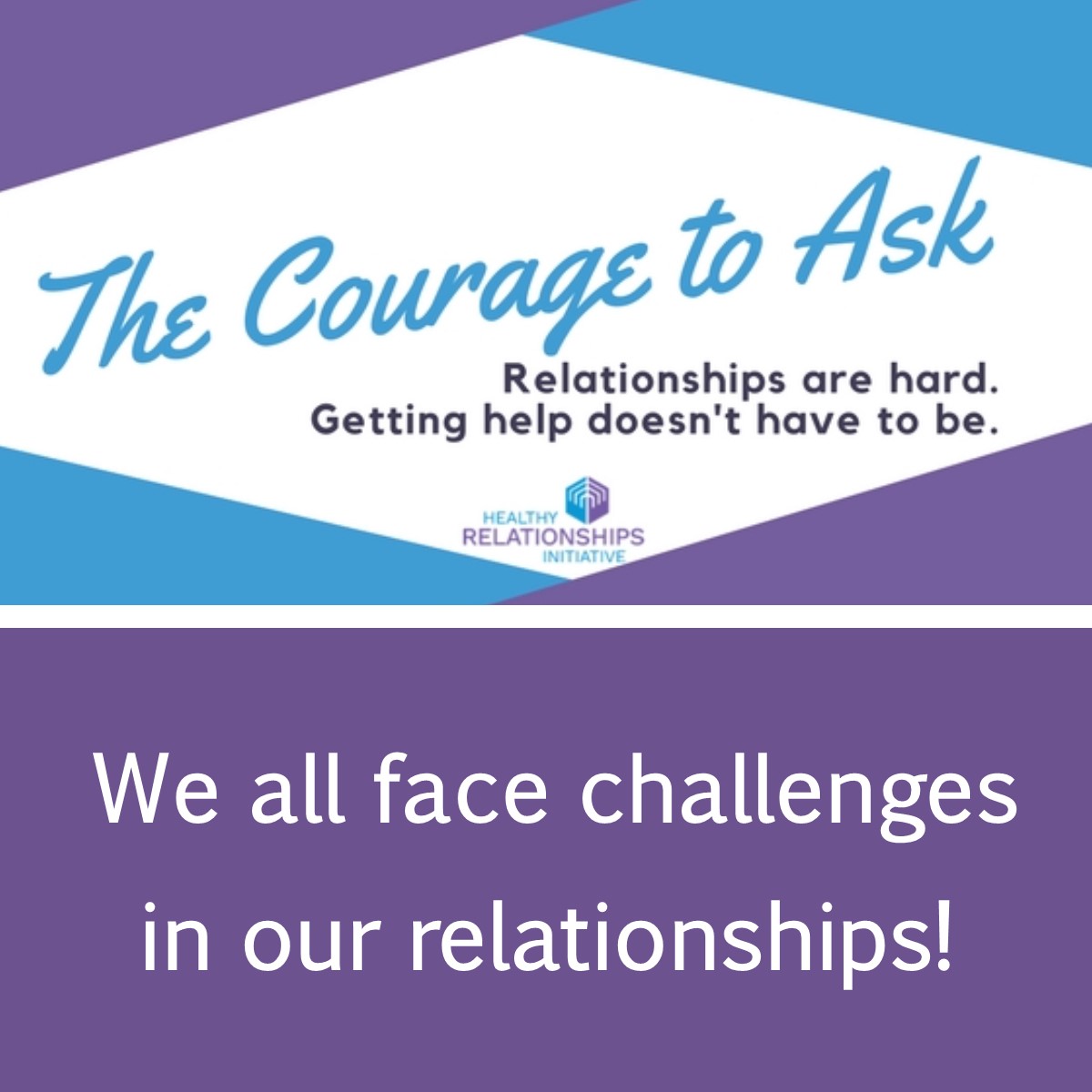Today, HRI is celebrating Random Acts of Kindness Day as part of Healthy Relationships Week, and we are thrilled to announce our 2018 HRI Kindness Champions. We asked community members to nominate people who they know in Guilford County who are superstars at showing kindness, and we think you’ll agree that the people who were selected as Kindness Champions fit the bill!
Read on to learn about these Kindness Champions—listed in alphabetical order—and the many great ways that they help to spread kindness in our community.
 Felicia Bratton (Nominated by LouMecia Staton)
Felicia Bratton (Nominated by LouMecia Staton)
Felicia Bratton is the Finance Manager at the Partnership for Children of Guilford County. Her colleague, LouMecia Staton, shared why Felicia is a Kindness Champion in the following way: “Not only does Felicia bring such wonderful expertise and knowledge to the finance field, but she also brings her heart of gold and compassion. Felicia is always thinking of ways to empower and encourage our staff and provides love and support through her community involvement and endeavors. She is the mother to two beautiful daughters and loves them with a sweet and beautiful love. She constantly thinks of the well-being and comfort of others before herself and has demonstrated this as both a colleague and a friend. It is often times that those who are overlooked provide the best kindness in this world.”
 Sonya Desai (Nominated by Catherine Johnson)
Sonya Desai (Nominated by Catherine Johnson)
Sonya Desai is the Client Services Coordinator at the Guilford County Family Justice Center in Greensboro. Sonya is known for her quiet determination to do all she can to help others. Catherine Johnson, who nominated Sonya, had this to say: “I have had the privilege of working with Sonya over the last three years. Time and time again, she demonstrates compassion for those who are hurting. Her generosity and giving heart is extended to all, including clients seeking services from the FJC, professionals throughout the community, friends, family, and even strangers. Sonya is also a master at building community. She is so well respected and connected that she can bring folks together from all different walks of life for the greater good. For example, she orchestrated a group of nearly 15 to travel to Philadelphia to participate in a race in remembrance of a dear friend and community leader. When I think of good, I think of Sonya, and that is why I think she is the kindest person I know in Guilford County.” Sonya shared this picture with us and said the following: “I chose this photo for a reason as it is a picture of my friends who ran Philadelphia with me in order to honor and remember a friend who left this world too soon. It has become apparent to me that our ability to be kind and seek goodness in the world is influenced by those who surround us.”
 Michael Person (Nominated by Yubisela Aranda Sandoval and Amber Robinson)
Michael Person (Nominated by Yubisela Aranda Sandoval and Amber Robinson)
Michael is the Director of the Weaver House at Urban Ministry. His nominators spoke highly of how he treats others with kindness. Yubisela Sandoval said, “Since I met Michael, I have seen him advocate tirelessly for many individuals no matter their background. He goes above and beyond for every single one of his clients treating them with dignity, respect. Having someone like Michael who is selfless and always looks out for others makes our city of Greensboro a gem.” Amber Robinson added that Michael “is a Kindness Champion because he goes above and beyond to treat the underserved, disenfranchised and disadvantage with dignity and humanity. When everyone else treats them less than, he ensures that he restores their esteem and patiently gives them a voice. He also gives the homeless population that he serves a standard, accountability, as well as the benefit of the doubt when mistakes are made. While working long hours at low pay, he still finds time to help friends move, emergency dog sit, and visit regularly a friend that was recently diagnosed with cancer all while studying for an exam, making home improvements, and writing a book. He’s not perfect, he just strives to be of service and stay in productive motion.”
 Anthony and Nancy Woodyard (Nominated by Sarah Pritchard)
Anthony and Nancy Woodyard (Nominated by Sarah Pritchard)
Anthony and Nancy Woodyard were nominated as kindness champions by the Family Support Network of Central Carolina. Sarah Pritchard shard the story of their kindness as follows: “We were connected with Nancy and Anthony over ten years ago when their daughter, Tessa, was in the NICU at Women’s Hospital. Unfortunately, Tessa never got to leave the unit – but her story did not die there thanks to her loving parents.
“This amazing couple wanted to honor their daughter’s memory in a way that would touch hundreds of other little lives in our community and so FSNCC’s ‘Adopt-A-Frog’ program was born. The Woodyards knew how much Tessa loved her ‘frog’ that she received while she was in the NICU; Frogs are bean bag positioning aids that provide comfort to little ones in the isolette. Thanks to the Woodyards and our generous donors, now any baby in the NICU at Women’s Hospital can receive a frog. In addition to this gesture, the Woodyards have donated and hosted countless blood drives throughout the community in Tessa’s memory. They continue to be loyal volunteers in many programs and activities at Family Support Network. The Woodyards choose to lead a life full of love and kindness every day, making them both champions in our eyes.”











